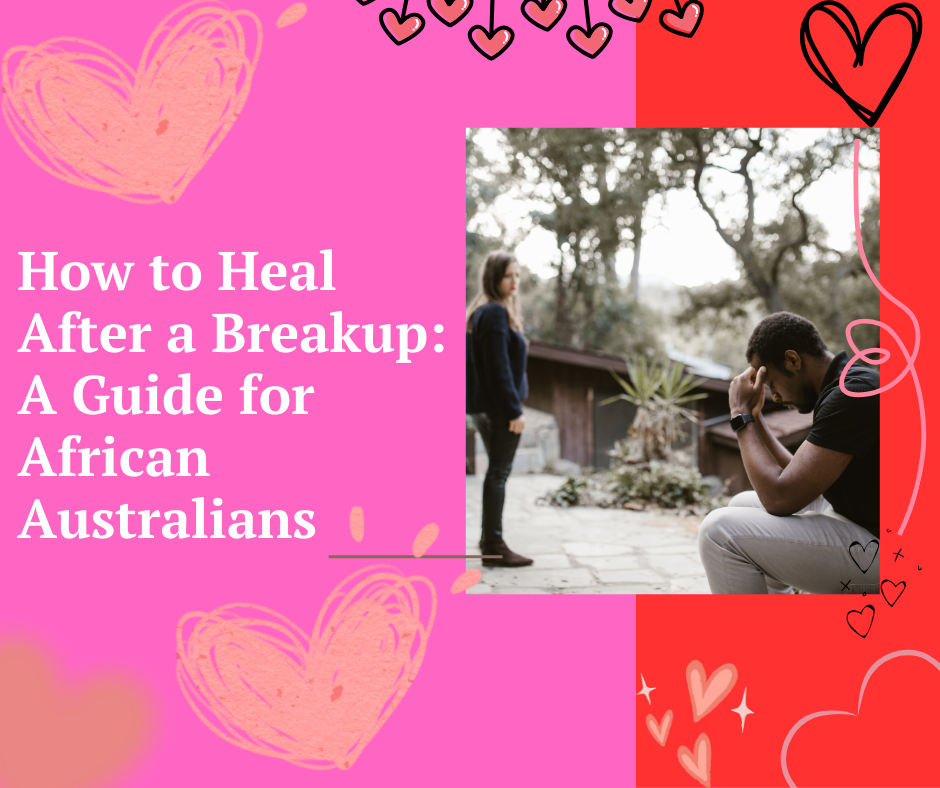1. Acknowledge Your Emotions Without Shame
In many African communities, emotional vulnerability is often misunderstood or pushed aside. But healing starts with honesty. If you’re hurt, let yourself be hurt. Cry if you need to. Talk about it. Journal it. Don’t bottle up your pain just to appear strong.
2. Lean on Your Support System—But Be Selective
Family and friends can be a source of strength, but not everyone gives the kind of support you need. Choose people who listen without judgment and who won’t rush you through your emotions. If you have community elders or mentors who are open-minded, lean on them too.
3. Reconnect With Your Roots
Culture can be a powerful tool in healing. Whether it’s attending community events, cooking your favorite traditional dishes, or listening to music that speaks to your spirit—lean into the parts of your identity that bring comfort and familiarity.
4. Don’t Rush Into Another Relationship
There's pressure to "move on" by finding someone new. But jumping into another relationship without fully healing can deepen emotional wounds. Take your time. Learn about yourself. Rebuild your confidence on your own terms.
5. Seek Professional Help if Needed
Mental health conversations are growing in African Australian circles, and for good reason. Talking to a therapist—especially one who understands or respects your cultural background—can be transformative. There’s strength in asking for help.
6. Create New Routines
When a relationship ends, it can leave behind gaps in your daily life. Fill those spaces with intentional activities—exercise, hobbies, reading, exploring your city, or volunteering. Building new routines helps rewire your mind and bring balance back to your days.
7. Celebrate Your Growth
Every day you wake up and choose to heal is progress. It may not feel like it right away, but over time, you'll notice the difference. Your heart gets lighter. Your thoughts become clearer. Celebrate the small wins—they add up.
Final Thoughts
Healing is not linear. Some days will hurt more than others. But you’re not alone, and your journey is valid. Embrace the process, surround yourself with the right people, and remember—this chapter is not your whole story.
